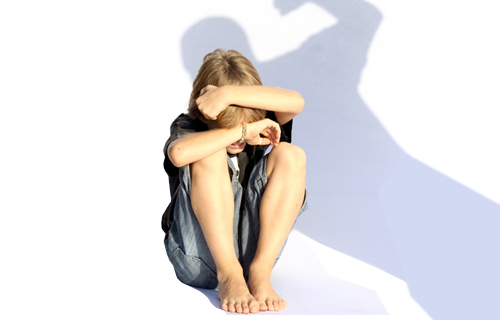This might be the most emotionally charged aspect of divorce, and Family Law in general.
Maintaining custody of your children following a marriage’s dissolution means retaining the right to be the most prominent decision-making figure in your child’s life. You’ll have final say over the path of your children’s education, religion, medical treatment, and other pivotal areas.
Don’t forsake this responsibility.
The Court will assign custody inevitably one of four ways:
- SOLE CUSTODY: one parent, and one parent only, cares after the children
- JOINT CUSTODY: when both parents can agree on key decisions, the court will award a joint custody as long as you both demonstrate cooperation
- SHARED CUSTODY: under this type of joint custody, both parents spend at least 40% of their time with their children
- SPLIT CUSTODY: under this agreement, one parent assumes custody of one or more children and the other assumes custody of one or more others
Unless the Court expresses grave concerns about one particular parent’s lifestyle or ability to care for children, the court will grant the non-custodial parent visitation access. Under more tense circumstances, the Court may only allow supervised visitation where there’s a concern for the welfare of the children.
It takes two people to have a child. If you feel that you rights as a parent are under attack and your future relationship with your children is at risk, then contact a lawyer immediately to protect your future with your children.

